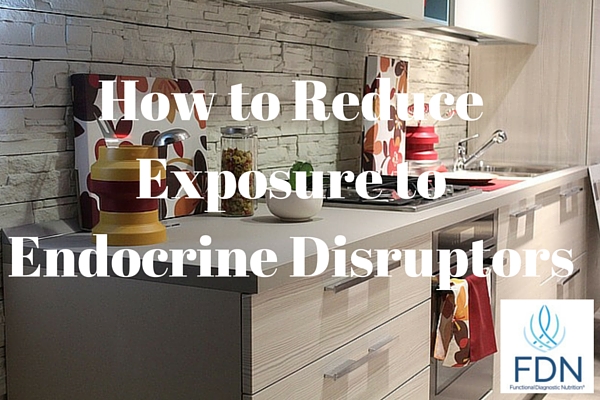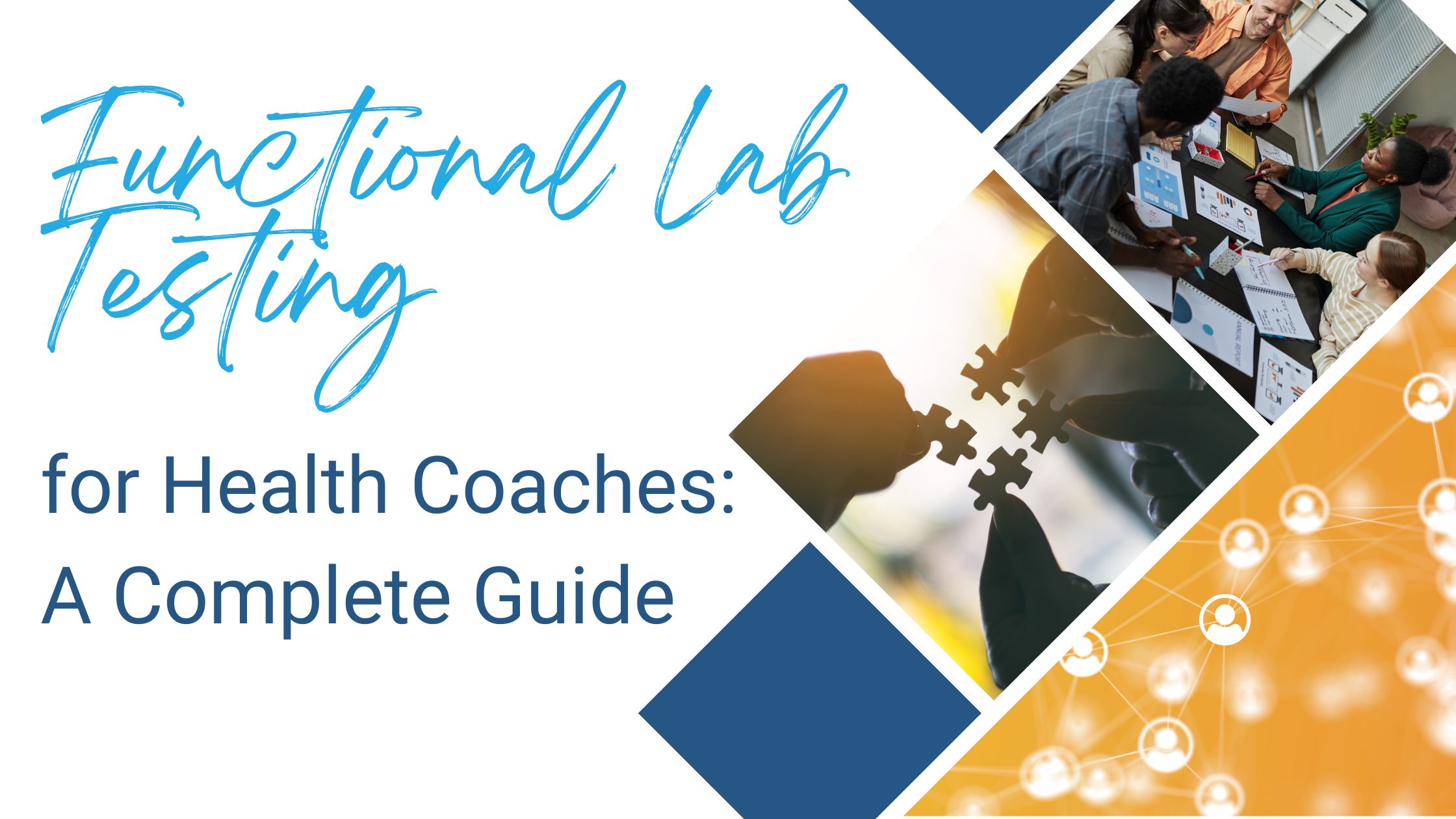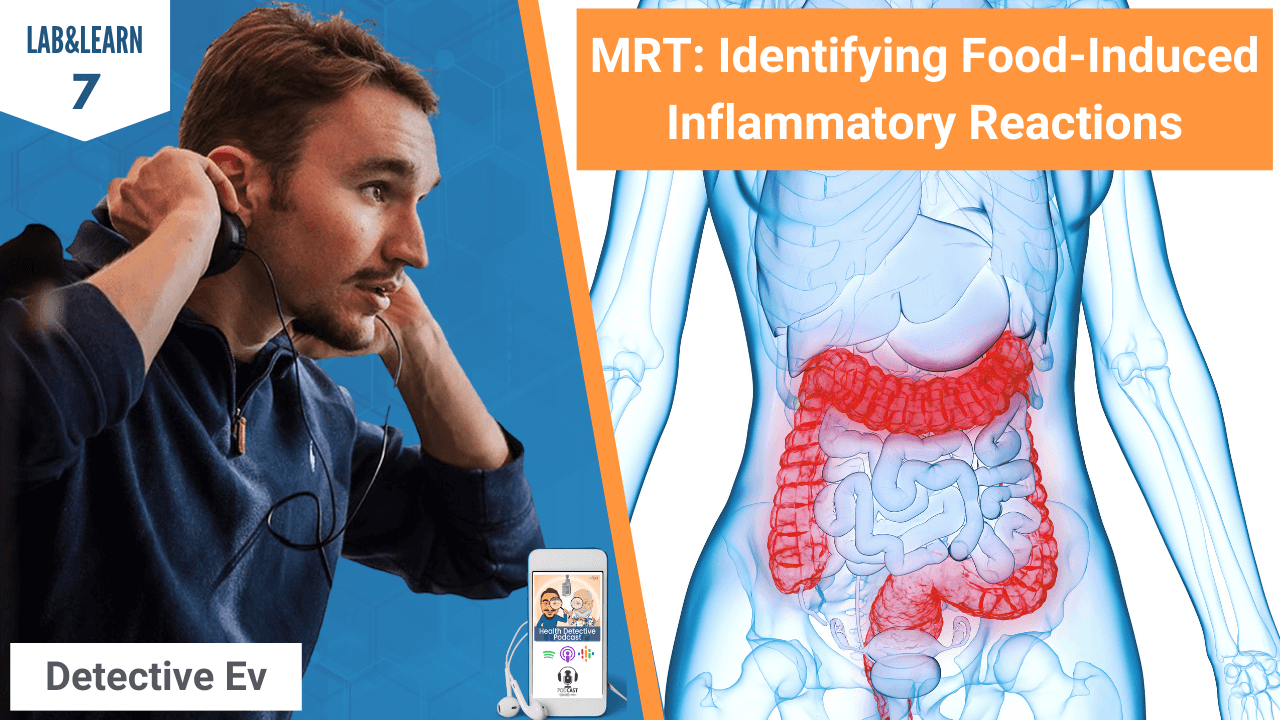In the last post we took at look at endocrine disruptors and how they work to imitate, increase or decrease vital hormones in the body. This ultimately leads to serious health problems, and so it is important to reduce exposure to these chemicals. Knowing about the negative health effects of these chemicals is good incentive to remove them from your life permanently. But what are safe products to replace them with?
In the Kitchen
- Get rid of non-stick pans which leach endocrine distrupting chemicals into cooking food. Instead, choose cast iron or stainless steel cookware.
- Throw out old plastic cooking utensils and replace them with metal or bamboo options.
- Ditch plastic glasses and water bottles and use glass and stainless steel drinkware instead.
- Use glass and stainless steel storage containers to store food in instead of plastic.
- If using the microwave, skip using plastic wrap. The endocrine disruptors can drip onto your food while it is cooking this way. Also be sure to use only microwave safe glass or ceramic dishes, not plastic
- When washing hands or dishes, look for non-toxic soaps when possible. Avoid anti-bacterial soaps completely, as these contain endocrine disruptors.
- Be aware of what cleaners you are using in the kitchen. Being an informed consumer can help you to know if the household cleaners you are using in your kitchen are harming your health. The best place to go to learn more about the cleaners you use is EWG’s guide to healthy cleaning. They rate cleaners and give you a breakdown of the chemicals in each cleaner, as well as potential health risks involved.
In Your Food
- Choose organic produce whenever possible. Pesticides and herbicides commonly sprayed on conventional produce are full of endocrine disruptors. There are some conventionally grown fruits and vegetables that are safer to buy than others, if buying all organic isn’t in your budget. You can see which produce you should always purchase organic versions of in EWG’s clean fifteen and dirty dozen list.
- Skip canned goods unless marked BPA free. Most cans used have been lined with BPA and are not a good option for your health.
- Don’t buy beverages in plastic bottles. Instead, make your own homemade teas, juices and sports drinks. You will be able to avoid other unsavory and unhealthy ingredients by making homemade versions as well.
- Once you bring food purchases home, remove them from plastic packaging. This way the food doesn’t continue to be exposed to chemicals in the plastic.
- Opt for locally raised, grass fed meat and free range poultry and eggs when possible. Choose store bought grass fed and free range meat, poultry and eggs as a second option. Avoid factory farm raised meats and processed chicken products with are often full of antibiotics, steroids and hormones.
In the Bathroom
- Check shampoos, conditioners, shave cream, body wash and any other personal care product or cosmetic you use. Many of these products are filled with parabens and phthalates which all negatively impact your hormones. It is important to even be careful of “natural” products, as they are not regulated and may still contain chemicals that can affect hormones. EWG’s skin deep database can help you find products that are safer for you and your family.
- Get rid of your plastic shower curtain. A safer option is to look for a fabric, plastic free curtain instead.
- Do you know what is in your regular bathroom cleaners? Many contain toxic chemicals that may be harming you. Just check with the Guide for Healthy Cleaning from EWG to find products that are safe, or you can make simple, inexpensive homemade cleaners that work well.
- Throw out those air fresheners. Choose simple air freshening solutions like baking soda or essential oils to freshen the air in the bathroom.
Throughout the House and Outside
- Skip using regular pest control services. Pesticides regularly contain endocrine disruptors. Some pest control companies offer greener pest control services, but as always, “natural” doesn’t always mean safe, so check with a company to be sure that there are no chemicals that can cause hormonal problems.
- Stop using weed killers! These chemicals are highly used and highly dangerous to your health. It is worth it to take the time to find non-toxic versions in order to protect your health.
- If you use old electronics, be sure to use them in larger rooms. Chemical flame retardants were used in these products, and using them in a small space, such as a bedroom or bathroom increases your exposure to these chemicals significantly.
- Switch out your furniture. When it’s time to change out your furniture, choose pieces that have been minimally treated with flame retardants or organic pieces that haven’t been treated at all.
You will never be able to avoid exposure to all endocrine disrupting chemicals. But you can begin to phase out a lot of them that you currently use daily as you find healthier and safer options. As you do this, levels of these chemicals will begin to decrease, as will the risks you face from higher levels of exposure.







